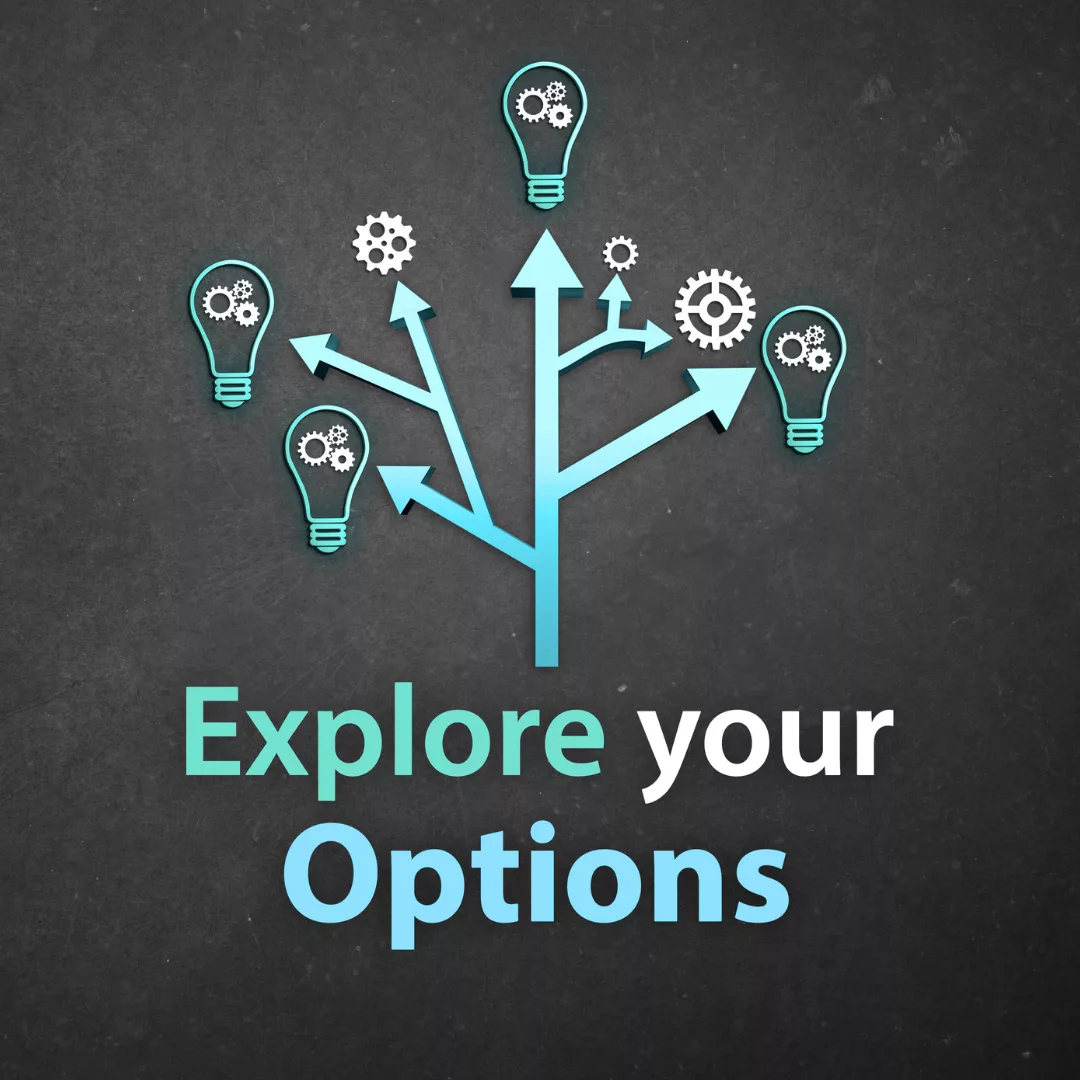
High school is a time full of big decisions. One of the biggest? Figuring out what you want to do after graduation. Whether you’re dreaming of becoming a nurse, an artist, an electrician, or something totally different, one thing is clear: there’s no one “right” path to success.
At Orchard, we believe every student deserves the chance to explore their options and find a career that matches their interests, skills, and goals, whether or not that path includes college.
In this article, we’ll walk you through what career exploration means, why it matters, and how you can start planning for your future today.
Career exploration is the process of learning about different types of jobs, industries, and work environments so you can make more informed decisions about your future. It’s not about locking yourself into one career for life. It’s about discovering what excites you, what fits your strengths, and what possibilities are out there.
When you take time to explore, you can uncover careers you may have never even heard of, jobs that align with who you are and what you want from life.
The earlier you start exploring, the better prepared you’ll be. Here’s why:
Absolutely not.
This is one of the biggest myths students hear, that success only comes with a four-year degree. But the truth is, there are plenty of careers that don’t require a traditional college path. In fact, some of the fastest-growing, high-paying jobs can be reached through certifications, apprenticeships, or two-year programs.
The key is to match your career goals with the right type of training or education, not just follow a one-size-fits-all path.
Want to get insight into these careers from real professionals who share their day-to-day experiences? Start your 7-day free trial of Orchard today!
Not sure where to begin? Here are some practical steps you can take right now to start figuring out what you want to do:
Before you look at careers, take time to learn about your strengths, interests, and values.
Tools like Orchard can help you uncover your natural strengths and see which types of work might fit you best.
Don’t limit yourself to what you already know. There are thousands of jobs out there beyond doctor, teacher, or lawyer. Try:
The more you explore, the more possibilities you’ll discover.
Ask family members, teachers, coaches, or neighbors about their career paths. Questions you can ask:
Real stories can give you a clearer picture of what different jobs are really like.
Whenever possible, get hands-on experience:
The more real-world exposure you get, the easier it’ll be to narrow down your options.
There’s no one path to success. Here are a few common routes you can take after high school and careers that fit each one.
Best for careers that require a degree.
More affordable and often faster.
Learn a specific skill and get paid while training.
Great for tech, design, and business careers.
Provides training, education benefits, and leadership experience.
With strong communication, problem-solving, and teamwork skills, you can start working and build your career through experience.
That’s totally okay.
Most people don’t have it all figured out at 17. In fact, many adults switch careers multiple times in their lives. The important thing is to stay curious, open-minded, and willing to learn.
Here are a few things you can do if you’re feeling stuck:
Career exploration isn’t about picking one perfect job and sticking to it forever. It’s about learning more about yourself and the world of work so you can make better choices, now and in the future.
Whether you go to college or take a different path, there are countless opportunities out there for you. Start where you are. Try new things. Ask questions. Keep learning.
And remember: your future doesn’t have to look like anyone else’s.
At Orchard, we’re here to help you explore your options and build a future that feels right for you. If you’re ready to take the first step, check out our 7 day free trial designed just for high school students.